‘It’s just a little backyard’: Neighbors say this Florida home appears to be running an unlicensed restaurant out back — complete with propane tanks, industrial fans and cocktail tables
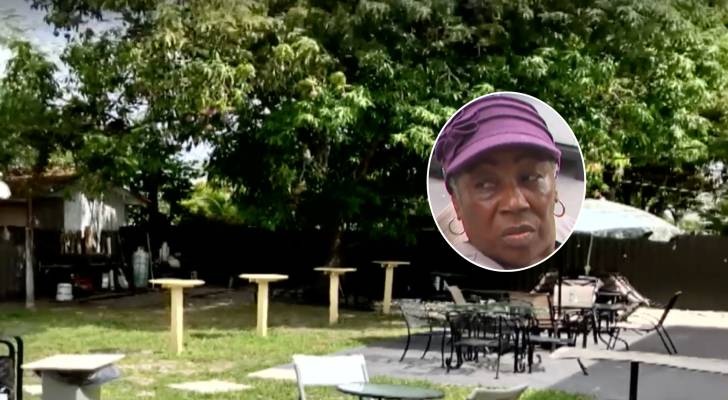

It’s not exactly strange to hear noise coming from a neighbor’s home. Maybe they’re hosting a birthday party or firing up the grill for a family barbecue. That’s just part of suburban life. But what’s happening on Northwest First Court in Miami Gardens is something entirely different. Don’t miss I’m 49 years old and have […]
Drivers across the US are hitting a dead end trying to get compensation for the paint flaking off their cars ‘in sheets’ — this Florida driver says it’s happened to him with 3 different cars
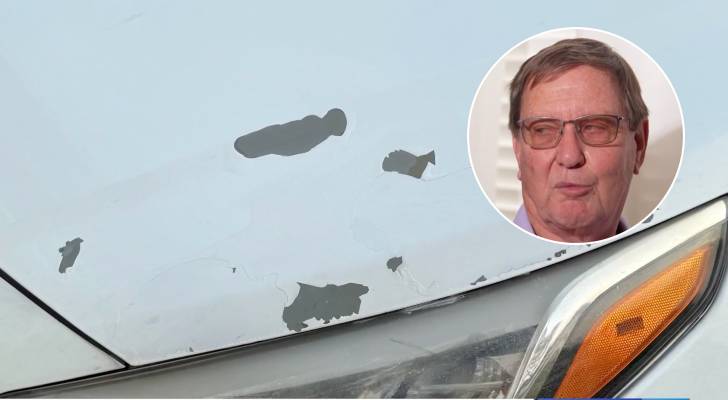

Thousands of drivers across the country are discovering their car paint jobs are literally peeling away — and fixing it could cost them thousands out of pocket. For Ed Rinkowitz, a Florida Hyundai owner, the flaky paint job is a familiar and frustrating sight. Don’t miss I’m 49 years old and have nothing saved for […]
‘It doesn’t make any sense’: This Georgia homeowner’s HOA has been dinging her for years with fees of up to $2,700 — with no explanation. As foreclosure looms, legal help may be on the way
Homeowners in Channing Cove, a subdivision in Conyers, Georgia, are pushing back — demanding answers about where their mandatory HOA fees are going. Michelle Bernard has lived in the neighborhood for nearly two decades, but says she still feels like she’s fighting to own her home. The business owner, wife and mother is one of […]
Kansas City woman, 71, paid $32K to get her home ready to sell — but says the contractor gutted her home, leaving it in ruins. Here’s her warning for other hopeful sellers
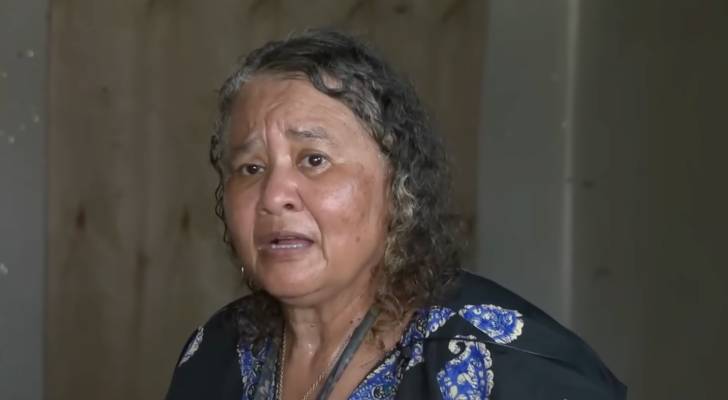

Getting a house market-ready usually means a few touch-ups, maybe a new coat of paint, fresh flooring or minor repairs. But for Felicia Safir, 71, what should have been a simple renovation turned into a nightmare. Safir’s home isn’t just any house — it’s been in her family for generations. Her aunt was once the […]
‘Why us?’: This NYC homeowner found a phone wrapped in duct tape buried in her lawn — and police say it’s part of a new tactic burglars are using to spy on potential victims
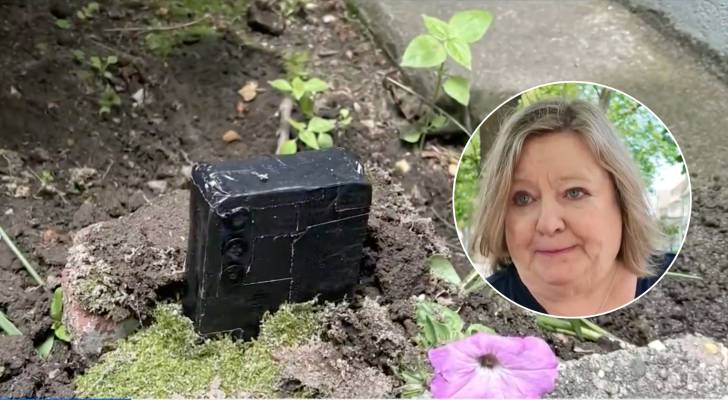

A Queens woman found what looked like a phone buried in her front lawn — but it wasn’t just lost property. Mary Kehoe, who’s lived in her Forest Hills home for 35 years, spotted the strange device outside. It looked like an Android phone wrapped in black tape, with only the camera exposed — like […]
This Las Vegas mom says she feels like she was ‘deceived’ after buying what she thought were legal fireworks to celebrate the Fourth — sparking a $500 fine and leaving her smouldering
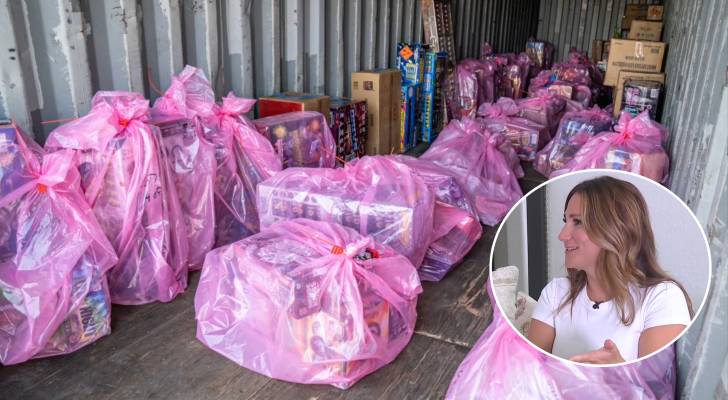

Nothing says Fourth of July prep like a last-minute dash for burgers, chips and a few fireworks to light up the night. But as Denise Huntsman and her kids stocked up for the holiday, they were hoping to keep the celebration budget-friendly. Huntsman and her two kids, Jace and Deegan, made a pit stop in […]
Albuquerque business owner says people have used his back door as a bathroom or to do drugs for years — so he came up with a ‘humane’ way to deal with trespassers. But is it enough?
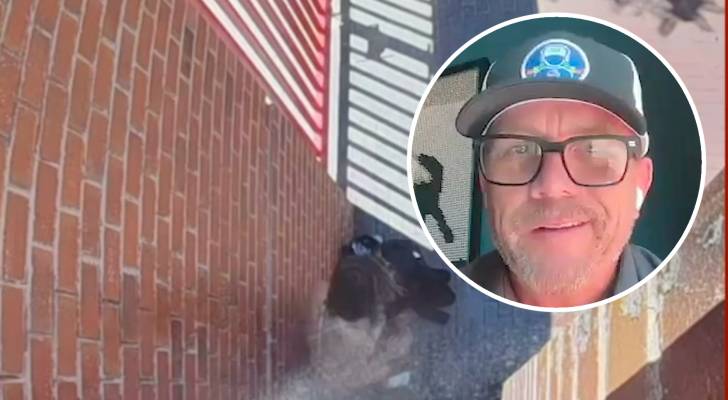

Petty theft, vandalism and yes, even people treating your back door like a public restroom are headaches business owners know all too well. But one Albuquerque entrepreneur is proving you don’t need a big budget or a security team to fight back. Thierry Gonzalez, who runs a business in downtown Albuquerque, decided to take matters […]
Dr. Oz and RFK Jr. are promising to cure chronic insurance headaches — but experts say no scalpel is sharp enough to cut through ‘prior authorization’ red tape


If your doctor recommended a test or treatment only for your insurance provider to demand more paperwork first, you’re not alone. That obstacle, known as prior authorization, has become a notorious bottleneck in the U.S. health care system, delaying care and frustrating both patients and providers. About 16% of insured adults say they’ve run into […]
Living the dream, leasing the nightmare: Young renters are now paying over $6,000 a month to chase the ‘West Village Girl’ fantasy


To her million-plus followers, Miranda McKeon isn’t just living in the West Village — she’s selling the dream. At 23, her mix of polished fashion posts and raw honesty about her breast cancer journey has built a brand that feels both aspirational and relatable, with her West Side Village lifestyle front and center. Long before […]
‘We call it the stealthy wealthy’: These millionaires didn’t work on Wall Street — they built fortunes filling everyday needs. Here’s what you can learn from them


Some of the country’s top earners are building quiet empires — not on Wall Street or in Silicon Valley, but in ordinary places. “We call it the stealthy wealthy,” Owen Zidar, a Princeton economist who has studied the group with University of Chicago economist Eric Zwick, told The Wall Street Journal. Don’t miss I’m 49 […]
